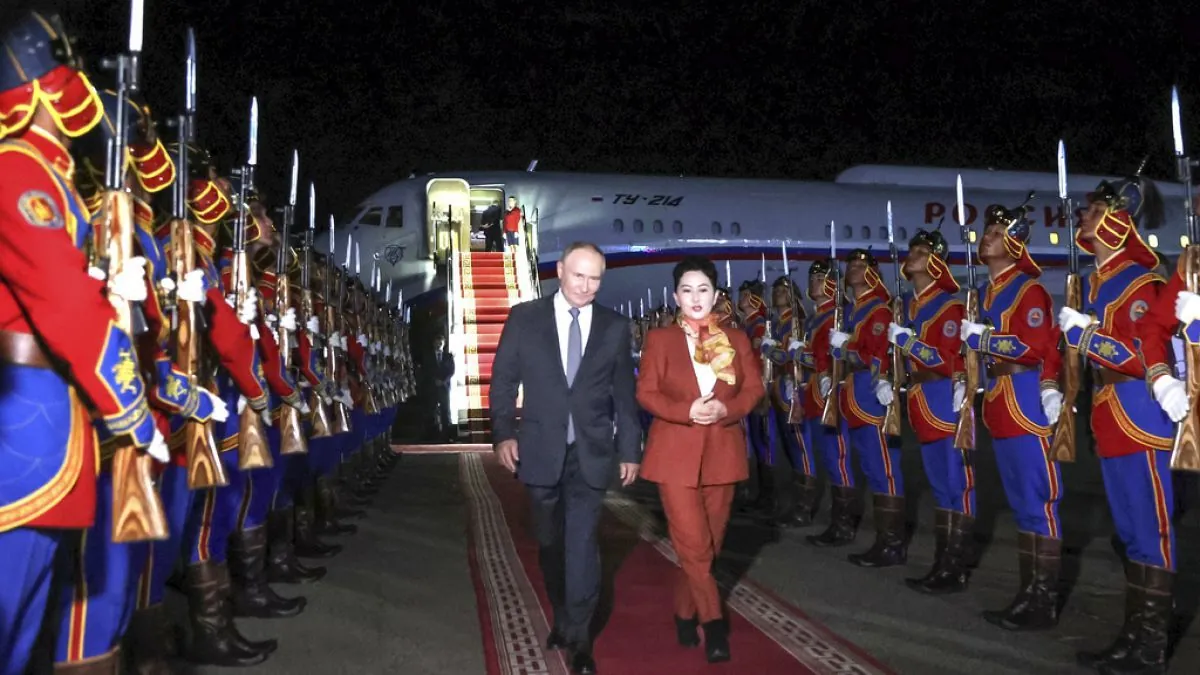On September 2, 2024, Vladimir Putin arrived in Mongolia for discussions likely centered on a new Russia-China gas pipeline. This visit has sparked controversy due to Mongolia's failure to arrest the Russian leader, who is subject to an International Criminal Court (ICC) warrant.
The ICC, established in 2002 and headquartered in The Hague, Netherlands, issued an arrest warrant for Putin in 2023. This warrant obliges the court's 124 member states, including Mongolia, to apprehend and transfer Putin to The Hague if he enters their territory.
Heorhiy Tykhyi, spokesperson for Ukraine's Foreign Ministry, strongly criticized Mongolia's inaction. He stated, "Mongolia's failure to detain Putin is a heavy blow to the International Criminal Court and the system of criminal law." Tykhyi further accused Mongolia of allowing an alleged criminal to evade justice, thereby sharing responsibility for war crimes.
"Mongolia has allowed an accused criminal to evade justice, thereby sharing responsibility for the war crimes."
Ukraine, which had previously urged Mongolia to arrest Putin, announced its intention to work with allies to ensure Mongolia faces consequences for its decision.
The ICC warrant accuses Putin of illegally deporting hundreds of Ukrainian children. However, the Kremlin has dismissed these accusations as politically motivated. Dmitry Peskov, Kremlin spokesman, expressed confidence in Russia's "great dialogue" with Mongolia, stating that all aspects of the visit had been discussed in advance.
It's worth noting that the ICC, which can prosecute individuals for genocide, crimes against humanity, war crimes, and the crime of aggression, lacks its own police force. Instead, it relies on member states to make arrests. This dependence on national cooperation highlights the challenges in enforcing international criminal law.
The ongoing situation underscores the complex interplay between international law, diplomacy, and geopolitical interests. As the world watches, the effectiveness of international criminal justice mechanisms continues to be tested in the face of powerful state actors.
